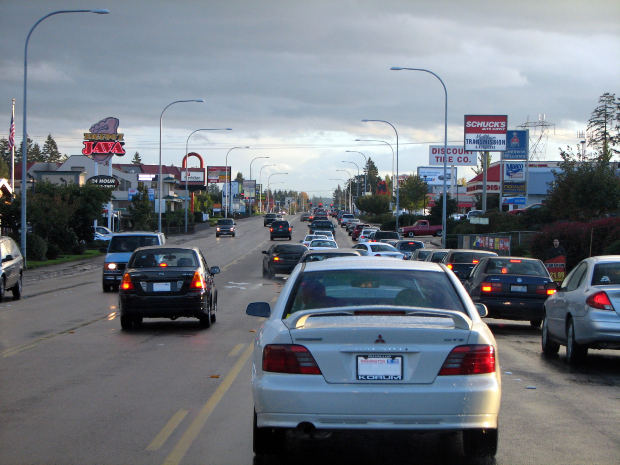- Free Initial Consultation: (954) 761-3641 Tap Here To Call Us
Texting With a Driver? You May Be Liable.

Distraction plays a role in an increasingly large percentage of car accidents in Florida and across the country – fueled mostly by the proliferation of smartphones.
We know those drivers may be held liable if they are distracted and cause a crash. However, an emerging legal trend involves holding accountable those with whom the driver is communicating.
Take for example the recent case Gallatin v. Gargiulo, In that case, a Pennsylvania trial court judge decided that two men who were texting with a driver before and during a fatal car accident could be held liable for resulting wrongful death claims.
That case follows a precedent set in a New Jersey case from 2013 in which an appellate court ruled that a 17-year-old girl could potentially be held liable for car accident injuries that resulted when the 18-year-old boy with whom she was texting crashed. The teen driver crashed into a motorcycle in the midst of their exchanges on evening in 2009. In that decision, the court ruled that a person sending text messages has a duty not to do so with someone they know or have special reason to know the recipient is going to view that text while driving. Ultimately in that case, the court ruled there was not enough evidence to prove the 17-year-old had special reason to know the boy with whom she was texting was driving, and there was also no proof that she actively encouraged the boy to text her while driving.
Proving all of these elements in a distracted driving accident case could be difficult, but not impossible. Perhaps the greater benefit to the public is that the possibility of civil liability could drive down the number of texting-while-driving accidents.
In general, police have a tough time ascertaining whether distraction was an issue in an accident. We know it accounts for at least 424,000 injuries and 3,500 deaths every year – but we also know that’s a low number. Part of the reason we don’t have an accurate accounting is because it’s tougher to determine whether a driver was distracted as opposed to whether they were drunk. Police can’t test for distraction the same way they can alcohol or drug impairment (and drivers don’t often admit it).
Lawmakers in New York are proposing the implementation of a devices dubbed “textalyzers.” These are machines that would be carried by police and could be hooked up to a smartphone following an accident to determine whether the phone was used in a way contrary to state law at the time of an accident. The proposed law would require drivers to hand over their phone for analysis following a crash or else risk suspension of their driver’s license.
Some legal analysts are raising privacy concerns about the bill, so it’s future is uncertain.
There is also question as to whether app or phone developers could be accountable. Take for example the recent Georgia lawsuit in which social media platform Snapchat is accused of encouraging drivers to speed, take pictures and share those images. It has been compared to gun manufacturer liability; Congress has immunized manufacturers from liability for most firearm deaths, unless there was an actual defect with the weapon.
Call Fort Lauderdale Injury Attorney Richard Ansara at (954) 761-4011. Serving Broward, Miami-Dade and Palm Beach counties.
Additional Resources:
Texting a Person While They’re Driving Could Land You in Jail, May 3, 2016, By Jennings Brown, Vocativ
More Blog Entries:
Trotter v. Harleysville Ins. – “Per Vehicle” and “Per Accident” Insurance Claims, May 15, 2015, Fort Lauderdale Car Accident Attorney













